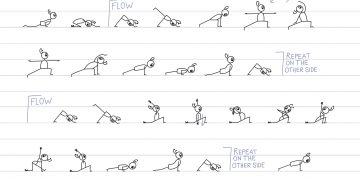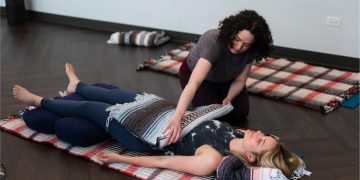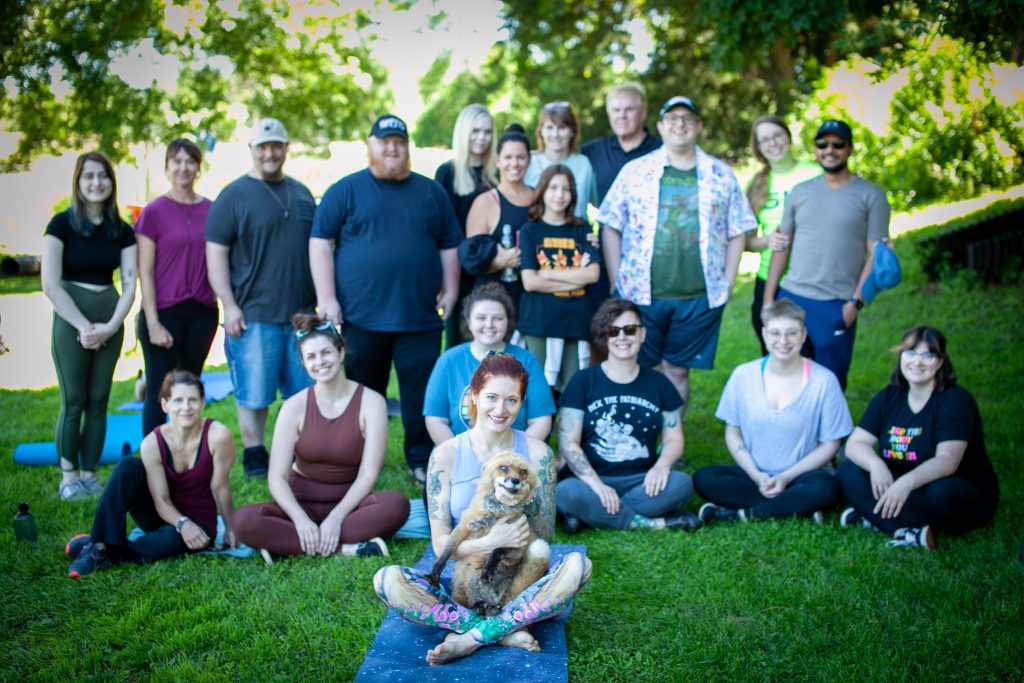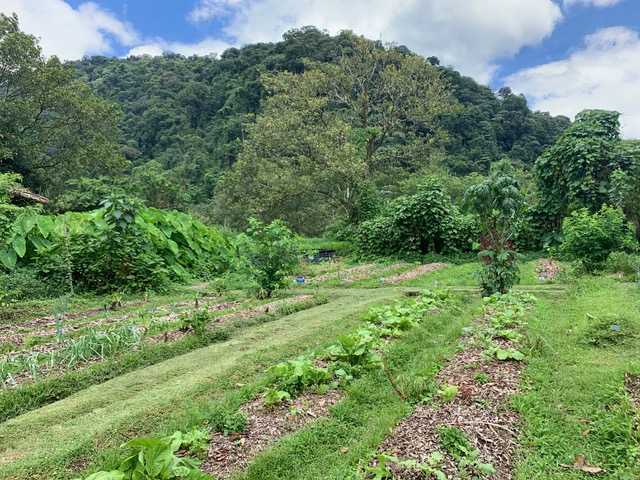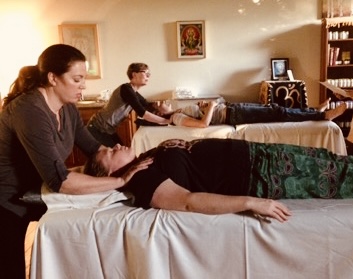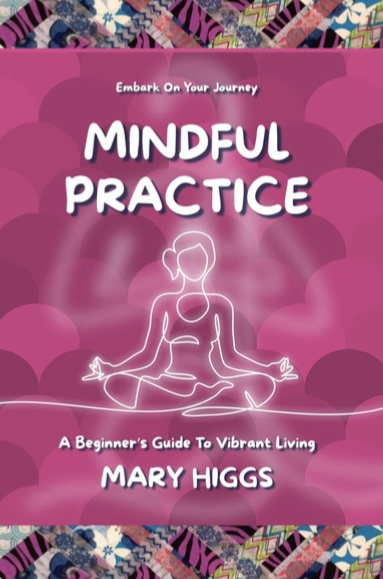As a longtime practicing yogi turned yoga teacher, psychologist, and recovering perfectionist, I know a thing or two about how perfectionism can show up and wreak havoc on the yoga mat. Us anxious, active-minded types often gravitate to yoga for its remarkable ability to quiet down all of the noise on our insides. When the system works, we find healing and empowerment in our yoga practice. When our practice becomes imbalanced, we suffer. Learning to discern the difference internally for ourselves is immensely important. When does yoga support us in developing a right relationship with oneself and when does it impair it?
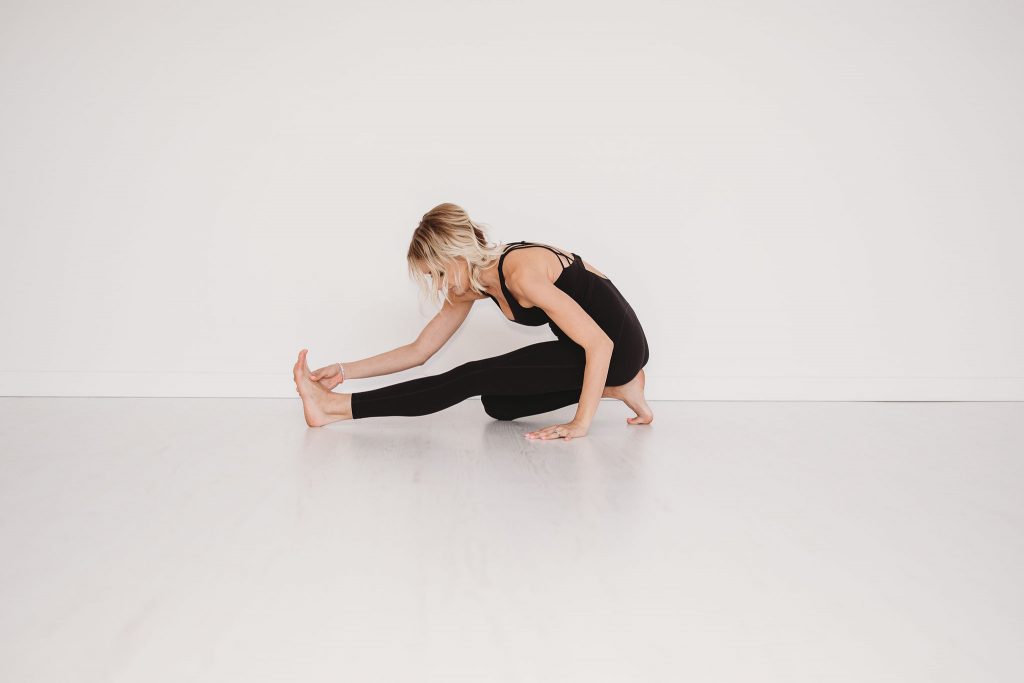
With a healthy and balanced yoga practice, we can access stillness on our insides and restore a deep trust within ourselves and our bodies beyond the noise of our minds. We learn to practice acceptance and how to let go of the excessive need to control our life experiences. When yoga practice goes awry, we can become obsessive, addicted, excessively self-critical, and preoccupied with perfecting our practice beyond the present moment. We become obsessed with achievement and will often push ourselves deeper and harder than what our bodies can handle without becoming stressed or further traumatized. Our yoga practice starts to look more “hardcore” than “gentle.”
Whether we like it or not, what we struggle with in our lives tends to show up on our yoga mats. In fact, this is one of the most beautiful gifts of yoga. By learning to hold space for ourselves on our mats, we learn over time to hold that same sacred space for ourselves in our daily lives. The experience of perfectionism is no different. If we tend to struggle with perfectionism in our daily lives, best be sure we’ll encounter the same on our mats. The goal isn’t to avoid perfectionism like the plague on our insides. Rather it is to become lovingly aware of its presence and then to make choices internally on repeat, supporting self-acceptance and self-compassion as opposed to self-criticism.
We may face immense costs to our practice if we don’t keep perfectionism in check, including increased risk of injury and further traumatization of our nervous system. Perfectionism can also impair our mind-body connection, increase stress and anxiety, and disrupt our ability to offer ourselves self-compassion. It also sets us up for the potential to exacerbate eating disordered symptoms, thoughts, and behaviors. For example, orthorexia, a specific type of eating disorder involving an extreme obsession with healthy and clean eating, shows up with increased prevalence in yoga practitioners. The often strong emphasis on clean eating and veganism within yoga has been found to trigger and worsen these symptoms. Of course we all feel better when we eat better. But when does this become destructive, unhinged, and obsessive for us?
Perfectionism is at its core a survival strategy, a trauma-learned experience. It holds on to the false notion that if we are good enough and perfect enough, we will feel loved and accepted and avoid social rejection and abandonment. Social rejection meant certain death for our early ancestors. Our nervous systems still remember this and can often work on overdrive to prevent it from happening again. Perfectionism can also provide us with an illusory feeling of control when everything else in our lives feels wildly out of control.
Whether we like the fact we possess perfectionistic traits or not, in order to move past the harmful effects of this way of thinking we must allow space for it to exist on our insides. The more we fight against an experience internally, the more that experience tends to intensify. We can’t beat perfectionism by perfecting it. Rather, we learn the true gifts of imperfection by inviting in self-compassion. By becoming increasingly aware of the ways perfectionism tends to show up, we create loving, compassionate space for it to exist within us, and then we choose to respond with self-compassion and gentleness to our insides instead. And then once again, our yoga becomes a sacred sanctuary for us, a welcome respite from the “harder, faster, stronger, better” the world wants to throw our way.
Dr. Jillian Simpson, PsyD, E-RYT 500, is a feminist psychologist, coach, yoga teacher, and professional troublemaker. She earned a doctorate in Counseling Psychology from University of St. Thomas in Minnesota and possesses over 20 years of clinical mental health experience, helping a different range of humans rise above all manner of trauma, tragedy, and suffering.
Her superpower is seeing human potential and she is passionate about co-creating spaces of belonging where humans feel safe to show up real. She founded Velveteen Alchemy, a feminist psychology yoga coaching practice aimed at wholeness embodiment, internalized oppression eradication, and support reclaiming our wild.




